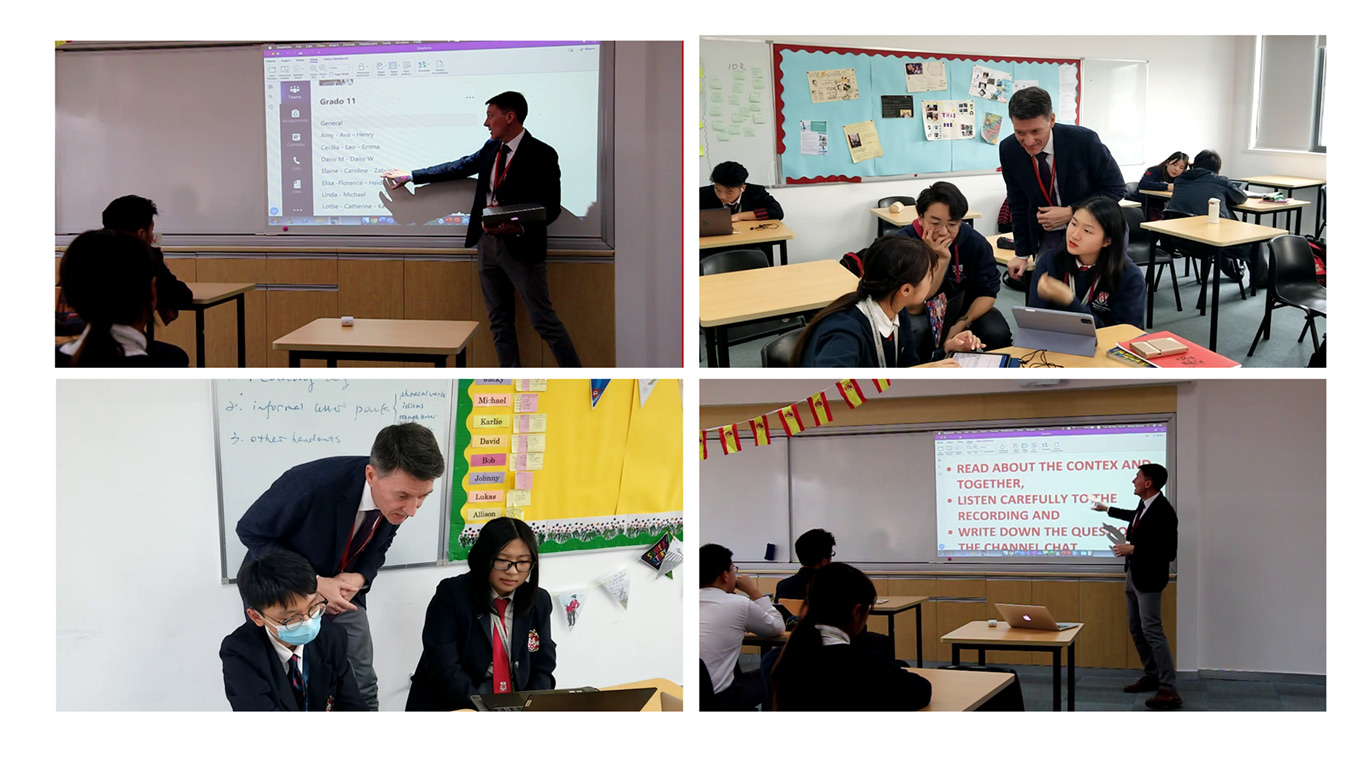Interview with Gines Bernal


Interview with Gines Bernal
Gines Bernal is a Teacher of Spanish, Second in English and Modern Foreign Languages at Dulwich International High School Suzhou. Gines was born in Cartagena, in Southern Spain. He graduated with a BA (Language and Literature) with a major in English and spent the first thirteen years of his career in various public and private schools in Spain. In 2013 he took up his first international appointment in Bangalore, India, and from 2014 on he acquired extensive knowledge of the IGCSE and IB curriculums. From 2016 to 2019 he was appointed as IB Coordinator and also completed his Masters in Educational Leadership. Gines is an experienced IB Spanish Language B examiner and a NEASC school visiting team-member. He likes Art movies, Early and Renaissance music, Chinese food and travelling around in foreign countries.
1 Why should students study Spanish?
Learning Spanish allows students to acquire a new way of thinking. It opens ways for students to experience a different culture. The Spanish culture is very attractive and passionate in its expression. The language is easy to learn and is widely spoken around the world, for example, in some parts of the U.S.
2 Who can apply for the Spanish course? What is your philosophy when it comes to teaching Spanish?
Anyone can apply for the course. I want to enable students to learn Spanish without noticing. It is a practical language that has a strong correlation with English. Students learn it by applying it in situations, and through interactions. We start by teaching basic structures and building conversations. We cover five topics that are related to everyday life, including family, friends, community, country and the world.
3 What are the benefits of learning Spanish?
It teaches students strategies for learning a language, which can help them in English learning. Therefore, learning Spanish reinforces their English ability.
4 What kind of assignments do you give to students?
Students receive assignments in various forms, including reading, building vocabulary through technology, and even online games and filming themselves giving presentations.
5 How do you assess students’ learning progress?
Assessments are based on efforts, the progress they have made and final exam results.
6 What is Spanish really about?
Learning Spanish is about embracing the culture, through having its food, keeping an open mind, and stepping out of your own shell.






